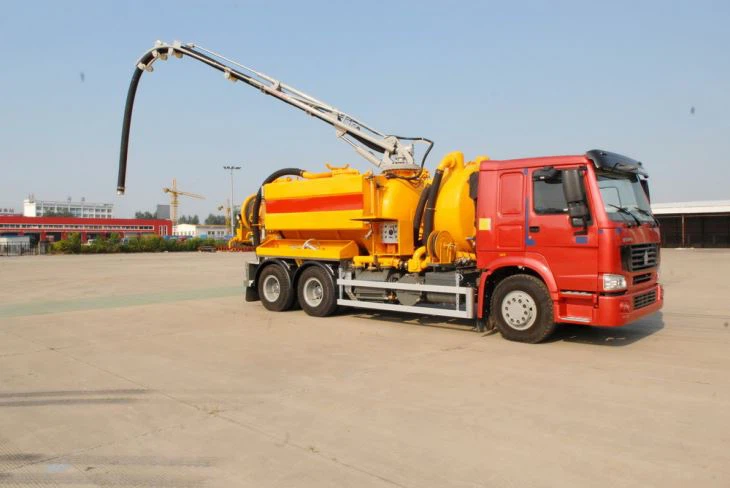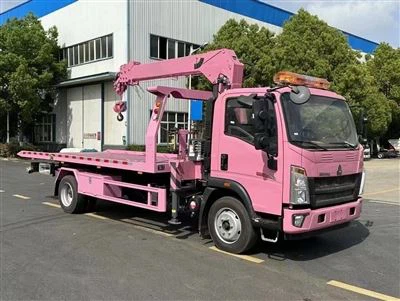Light Duty Trucks with Diesel Engines: A Comprehensive Guide

Introduction
Light duty trucks with diesel engines have gained significant popularity for their remarkable efficiency, durability, and power. These vehicles bridge the gap between personal transportation and heavy-duty work tasks, making them ideal for various consumers, from contractors to families. This article will explore the advantages of light duty trucks with diesel engines, popular models, maintenance tips, and so much more. Whether you’re looking to invest in one or simply want to learn more, you’ll find it all here!
The Advantages of Diesel Engines in Light Duty Trucks
Diesel engines offer several benefits when placed in light duty trucks, making them appealing options for many drivers. Here are some of the primary advantages:
1. Fuel Efficiency
Diesel engines are known for excellent fuel efficiency, allowing drivers to cover more miles per gallon. This makes them ideal for long-distance travel and commercial applications where fuel costs can significantly impact the bottom line.
2. Torque and Power
Diesel engines typically produce more torque than their gasoline counterparts, which is essential for towing and hauling heavy loads. This added power means you can transport more or handle steeper terrains without straining the vehicle.
3. Longevity and Reliability
Diesel engines generally have a longer lifespan than gasoline engines. With proper maintenance, many diesel engines can last over 300,000 miles, making them a reliable choice for both work and leisure.
4. Better Resale Value
Due to their durability and reliability, light duty diesel trucks often have higher resale values compared to gasoline trucks. This can be a significant consideration if you plan to sell or trade your vehicle in the future.
Popular Models of Light Duty Trucks with Diesel Engines
Several manufacturers offer a range of diesel-powered light duty trucks, catering to different needs and preferences. Here’s a look at some of the most popular models available:
| Truck Model | Engine Type | Towing Capacity | Fuel Economy |
|---|---|---|---|
| Ford F-250 Super Duty | 6.7L Power Stroke V8 | 20,000 lbs | 18 MPG (combined) |
| Ram 2500 Diesel | 6.7L Cummins I6 | 19,780 lbs | 18 MPG (combined) |
| Chevrolet Silverado 2500HD | 6.6L Duramax V8 | 18,500 lbs | 17 MPG (combined) |
| GMC Sierra 2500HD | 6.6L Duramax V8 | 18,500 lbs | 17 MPG (combined) |
| Nissan Titan XD | 5.0L Cummins V8 | 12,710 lbs | 16 MPG (combined) |
Choosing the Right Light Duty Truck with Diesel Engine
When selecting a light duty truck with a diesel engine, several factors must be considered to ensure you make the right choice. Here are some tips to help guide your decision:
1. Assess Your Needs
Evaluate how you plan to use the truck. Will you primarily use it for towing, daily commuting, or loading heavy equipment? Knowing your specific requirements will help narrow your options.
2. Consider Fuel Economy
While many diesel engines offer better fuel economy than gasoline engines, the exact mileage can vary significantly across models. Check reviews and fuel economy ratings to find the best option for your needs.
3. Evaluate Engine Performance
Look into the power and torque figures of each engine option. If you’re planning to tow heavy loads or drive in mountainous regions, a truck with higher torque and horsepower will be beneficial.
4. Budget for Maintenance and Repairs
Diesel engines can require specific types of maintenance, which may differ from gasoline engines. Make sure to account for the costs of maintenance, repairs, and any additional insurance you may need for diesel vehicles.
5. Research Resale Value
Examine the historical resale values for different models. Models from brands known for durability and reputation often hold their value better than others.

Maintenance Tips for Light Duty Diesel Trucks
Proper maintenance is crucial to ensuring the longevity and performance of a light duty diesel truck. Here are some practical maintenance tips:
1. Regular Oil Changes
Make a habit of changing the oil regularly using diesel-specific oil. This ensures optimum engine performance and longevity.
2. Fuel System Maintenance
Keep the fuel system clean by using quality diesel fuel and changing fuel filters as required. Consider adding a fuel additive to help with injector cleaning.
3. Monitor Coolant Levels
Diesel engines run hotter than gasoline engines. Regularly check coolant levels and ensure the system is functioning well to prevent overheating.
4. Inspect the Exhaust System
Make sure to inspect and maintain your truck’s exhaust system, as diesel engines produce soot and emissions that require proper management.
5. Keep an Eye on Tire Health
Good tires are essential for any vehicle, especially if you are hauling loads. Regularly check tire pressure and tread depth to ensure safety.
Diesel Engine Performance Enhancements
Enhancing the performance of your diesel truck can be an exciting way to boost its capabilities. Consider the following upgrades:
1. Performance Chips
A performance chip can enhance engine responsiveness and increase fuel efficiency, allowing your truck to perform better without additional modifications.
2. Cold Air Intake Systems
Installing a cold air intake system improves airflow to your engine, which can increase horsepower and torque.
3. Exhaust Upgrades
Upgrading your exhaust system can improve engine breathing, enhance sound, and potentially increase fuel economy.
4. Suspension Upgrades
Investing in advanced suspension systems enhances handling and ride quality, especially when towing or carrying heavy loads.
Environmental Impact and Diesel Engines
Diesel engines have come under scrutiny due to emissions, yet modern diesel technologies are addressing these issues. Here’s what you need to know:
1. Emission Standards
Most manufacturers now design diesel engines to meet strict emission norms to minimize pollutants. Topics like Diesel Particulate Filters (DPF) and Selective Catalytic Reduction (SCR) systems are now standard.
2. Alternative Fuels
Consider blending biodiesel with traditional diesel fuel, as it can reduce carbon emissions and is environmentally friendly.
Understanding Diesel Fuel Types
Knowing the different types of diesel fuels can optimize your vehicle’s performance. Here’s a breakdown:
1. Diesel #1
This type is best for cold climates as it has a lower gel point, making it less likely to gel in cold temperatures.

2. Diesel #2
The most common type used for light duty trucks, Diesel #2 has higher energy content, offering better performance and economy.
3. Biodiesel
Derived from renewable sources, this eco-friendly alternative can be used in its pure form or blended with regular diesel. Ensure compatibility with your engine before use.
Frequently Asked Questions (FAQ)
1. Are light duty trucks with diesel engines more expensive to maintain than gasoline trucks?

Typically, diesel maintenance can be higher, but due to their longevity and fuel efficiency, they can save costs in the long run.
2. How often should I service my diesel truck?
It is recommended to service every 5,000 to 10,000 miles, depending on your driving habits and the manufacturer’s guidelines.
3. Can I use biodiesel in my diesel truck?
Yes, but check your owner’s manual first to ensure your engine can handle biodiesel blends without any issues.
4. What is the typical lifespan of a diesel engine in light duty trucks?
With proper maintenance, many diesel engines can last over 300,000 miles compared to gasoline engines, which typically last around 200,000 miles.
5. How do diesel engines handle towing compared to gasoline engines?
Diesel engines produce more torque, making them ideal for towing heavier loads, while gasoline engines may struggle under similar conditions.
6. Are light duty diesel trucks suitable for daily driving?
Yes! Many light duty diesel trucks are designed for comfortable daily driving while also handling work-related tasks effectively.
